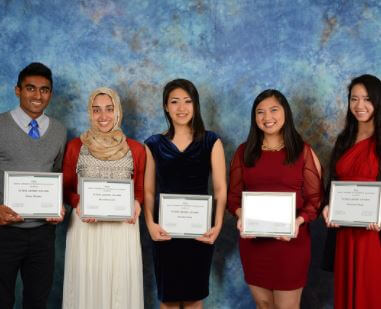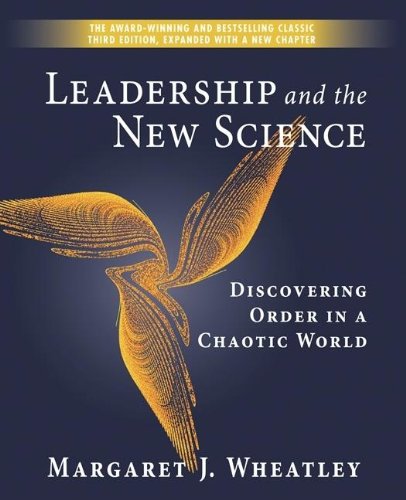Since 1979, Black Women’s Network has been a beacon in the greater Los Angeles metropolitan business community that unites and welcomes urban professionals by offering inspiring networking, volunteering and mentoring opportunities to support black female business, career and professional development within a supportive nonpartisan and nonsectarian environment.
Asian American Women’s Alliance (AAWA)
AAWA seeks to create opportunities for mutual learning & nurturing, mentor relationships, career & leadership development, personal & group support, and engagement in community services.
National Professional Women of Color Network
The National Professional Women of Color Network (PWOCN) empowers women of color through networking. Our mission is to serve as a resource for your professional and personal advancement and whether you are a career woman or woman owned business, the goal is the same – advancing your business or career through the use of the network!
PWOCN is the Premiere Multicultural Networking Organization for Women of Color. We are comprised of professional women from many industry sectors and are growing larger each day. PWOCN connects tremendous women with one another and members are translating those connections into Phenomenal Business Success.
Strategic Connections Circle – Get connected to the product, service or member you need through select gatherings. Join in with other entrepreneurs & career women for exchange, advice, mentoring and partnership.
Networking Events – Discounted entry to networking events and an opportunity to be recognized as a charter member.
Member Spotlight Option – Special opportunity to be showcased in PWOCN member spotlight.
Online Web Listing – Join our featured Premiere Charter Member page on PWOCN website. Listing includes photo, contact information and link to website.
Professional Development – Online and live trainings focused on leadership, career coaching and business mastery.
Gender Equity in the News Media: Analysis and Recommendations for Newsroom Leaders
This paper analyzes the state of gender equity in the American news media industry today. Sadly, many of the challenges we will describe are not new. In fact, the disservice done to society by the exclusion of women from the reporting of news was raised as early as the 18th century by women suffragists and women’s rights activists in North America as well as Europe. Women first brought a gendered analysis of the mass media to the global stage in the 1970s, when a multipart critique was presented at the 1975World Conference on Women in Mexico City, which opened the UN Decade for Women. Conference speakers stressed the importance of the global mass communications media to “change stereotyped attitudes of men and women” and “eliminate discrimination against women,” and the published report exhorted the mass communication media to “inform the population about new roles for women and their struggle for equity with men” (United Nations, 1975).
Effects of Employee Benefits on Affective and Continuance Commitment during Times of Crisis
Employee benefits represent a large proportion of operational costs in most sectors, but discussions of their outcomes have been inconclusive. This paper attempts to decipher the effects of employee benefits on organizational commitment in a changing and largely uncertain environment.
Modernizing U.S. Labor Standards for 21st-Century Families
Women now make up almost half the U.S. workforce. Despite the central role women play in the U.S. economy, our labor laws
and institutions do little to address the various ways in which women are held back at work. This not only hampers women’s
economic well-being, but also has implications for U.S. productivity, labor force participation, and economic growth. In this
paper, we propose policies aimed at boosting women’s economic outcomes: paid family leave, fair scheduling, and combatting
wage discrimination. We show how enacting carefully designed policies in these categories will better address the challenges of
today’s labor force, enhance women’s economic outcomes, and provide benefits for the national economy.
Why Men Still Get More Promotions Than Women
Though companies now invest heavily in mentoring and developing their best female talent, all that attention doesn’t translate into promotions. A Catalyst survey of over 4,000 high potentials shows that more women than men have mentors—yet women are paid $4,600 less in their first post-MBA jobs, hold lower-level positions, and feel less career satisfaction.
The Sponsor Dividend: Key Findings
Through both hard data and in-depth interviews with sponsor/protégé pairs, this research showcases the vantage point of the sponsor—including common stumbling blocks and paths to success. The Sponsor Dividend also shows how employers can intentionally build sponsorship, from the initial stages, to becoming an embedded part of company culture.
LEADERSHIP AND THE NEW SCIENCE: Discovering Order in a Chaotic World Third Edition
Leadership and the New Science is the bestselling guide to applying the new science to organizations and management. The book describes how the new science radically alters our understanding of the world, and how it can teach us to live and work well together in these chaotic times. It will teach you how to move with greater certainty and easier grace into the new forms of organizations and communities that are taking shape.










